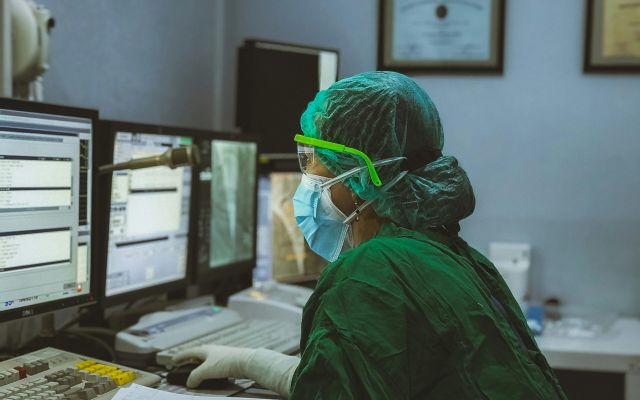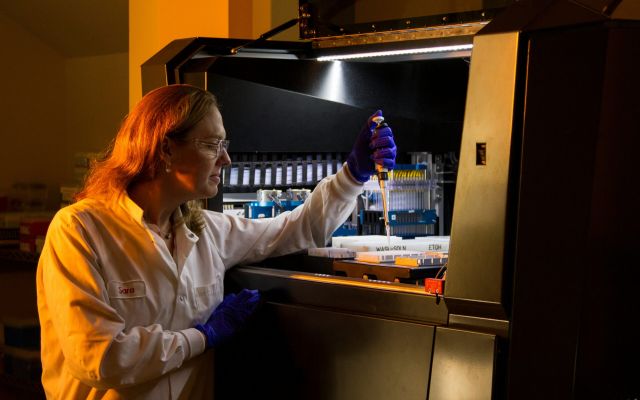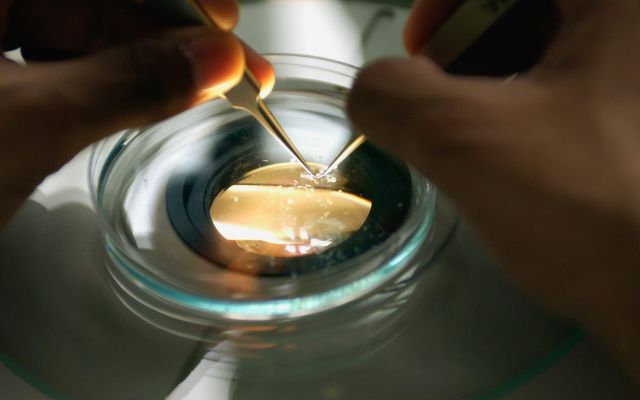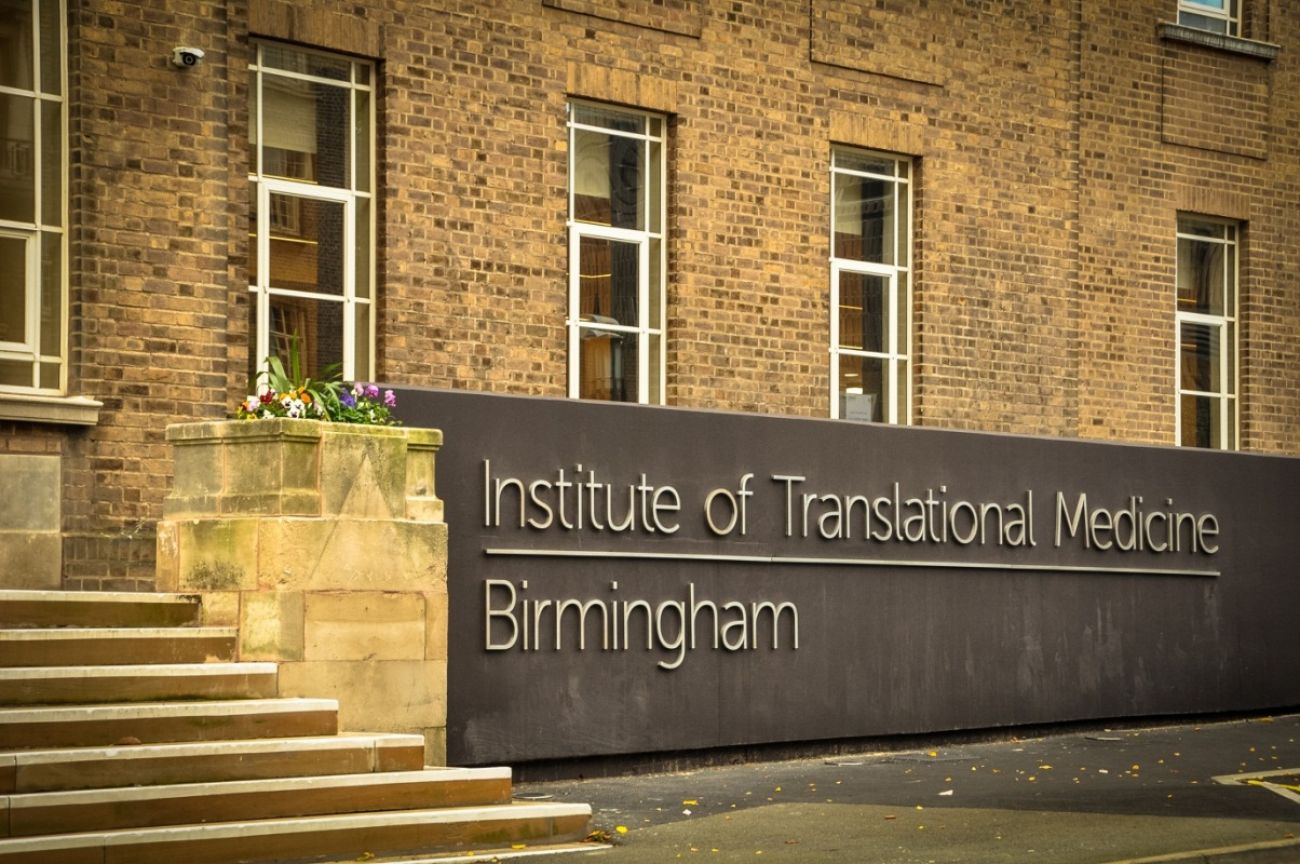
Where scientific discovery rapidly becomes medical reality, for the benefit of human health
World-class facilities within a culture of fast-track clinical trials Located on the University Hospitals Birmingham site, between the Medical School and Queen Elizabeth Hospital Birmingham, the ITM, supported by the Department for Business Innovation and Skills (now the Department for Business, Energy & Industrial Strategy), was the beginning of a major investment plan that will see Birmingham transformed into a global hub of life sciences enterprise.
This cutting-edge development that offers access to world-class laboratory and meeting facilities, University of Birmingham and other university expertise, the Birmingham Health Partners hospitals, and the diverse Birmingham population for robust clinical trials.
It will also house device simulation facilities, the first robotics pharmacy dedicated to clinical trials and imaging facilities (COBALT).
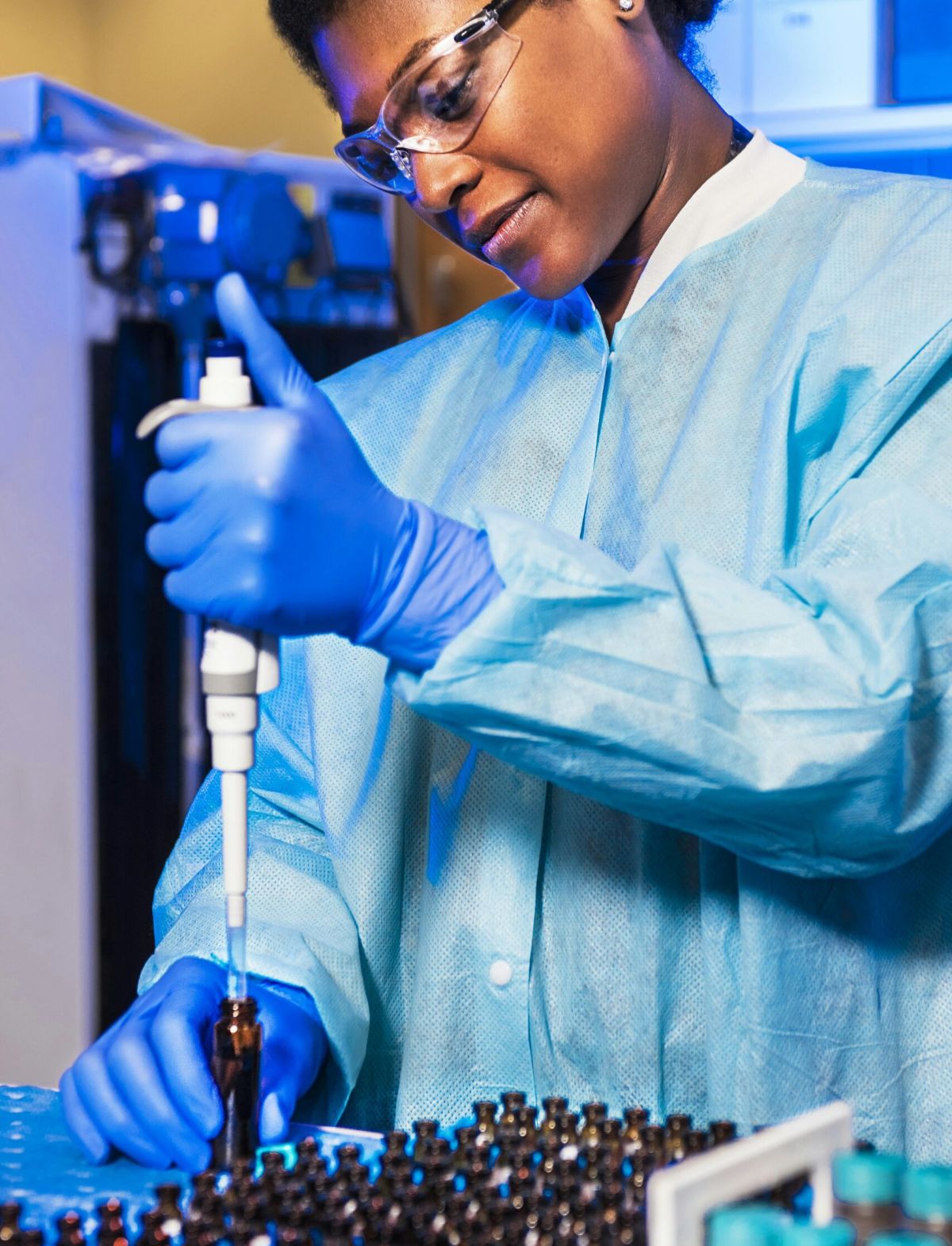
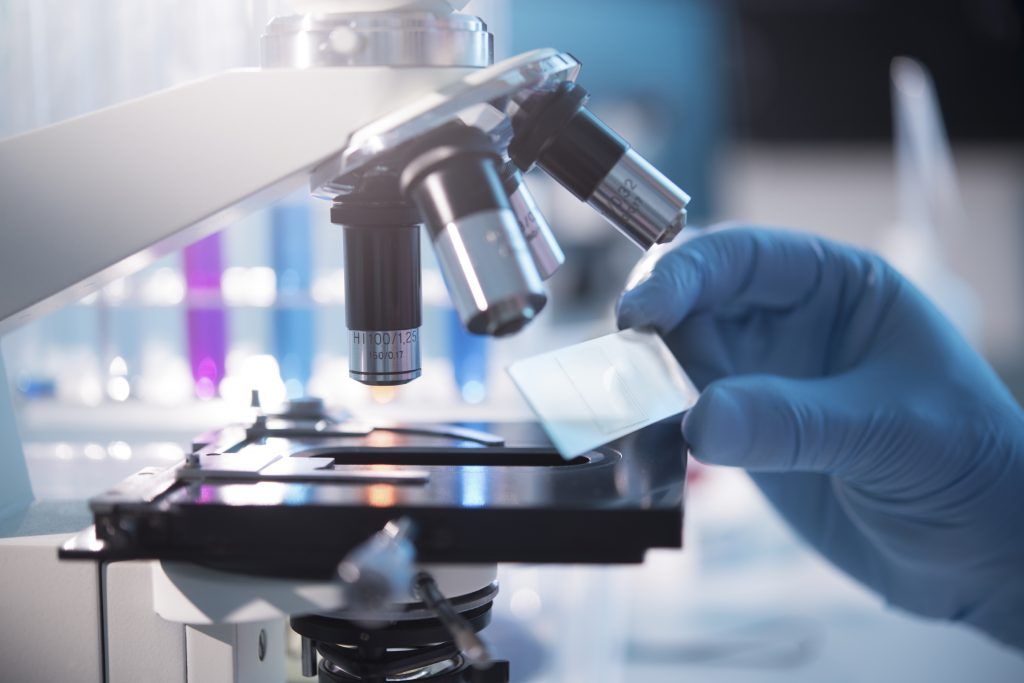
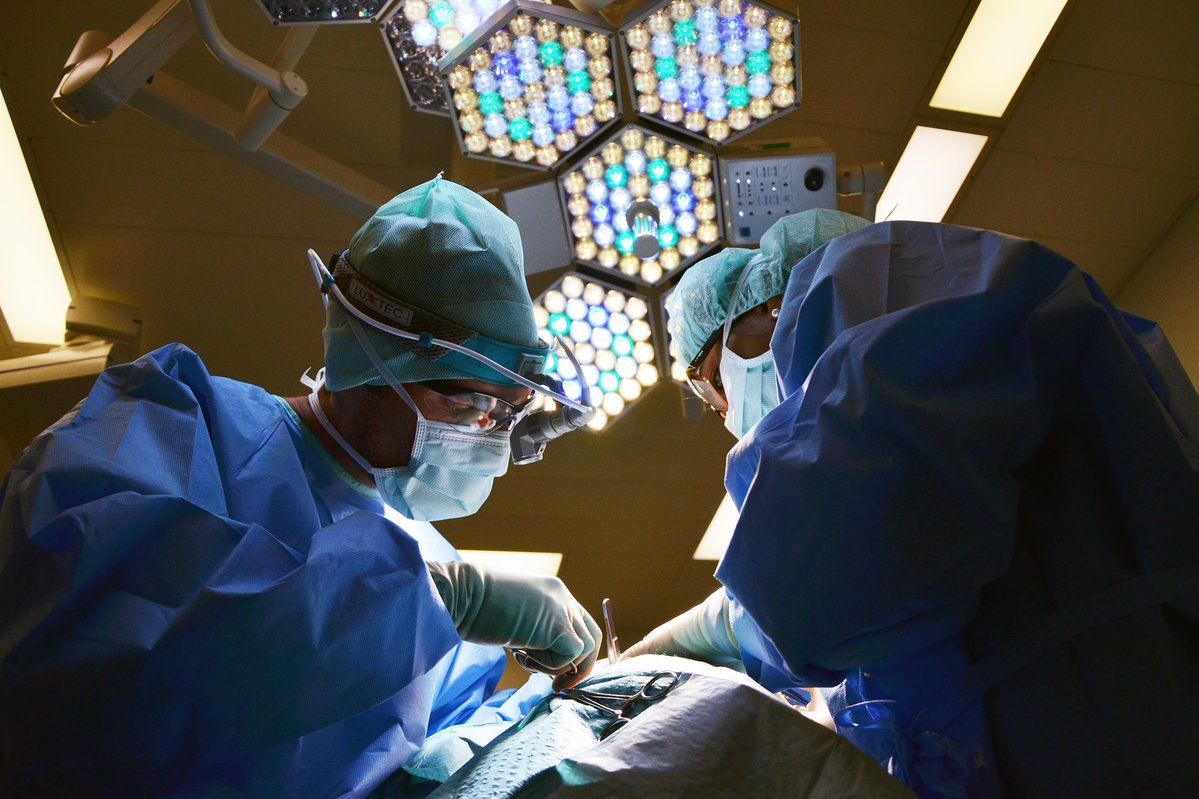
The ITM acts as a common hub for clinician academics and medical researchers to interact with bioinformaticians, clinical informaticians, biostatisticians, trialists, bioengineers and biochemists, laboratory experts in biomarker development and basic scientists.
By bringing together expertise that spans every bench-to-bedside component, under one roof, barriers are broken down and problem solving is encouraged, so that:
- The latest University research across a range of major health issues, such as cancer, inflammation and rare diseases, can be developed efficiently.
- New drugs, medical devices and diagnostics can be assessed rigorously, rapidly and cost-effectively.
- The resulting innovations can be brought to market and front-line clinical use as quickly as possible, to improve patient treatments and outcomes.
